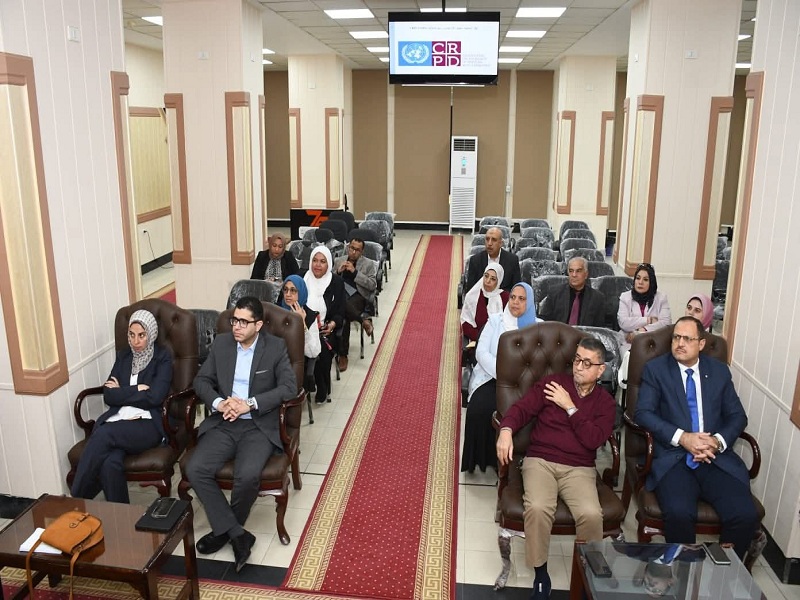The Education and Student Affairs Sector at Ain Shams University organizes a workshop for decision-makers on ‘The Legal Framework for the Rights of Persons with Disabilities at the International and National Levels’
The Education and Student Affairs Sector at Ain Shams University organized a workshop for decision-makers on “The Legal Framework for the Rights of Persons with Disabilities at the International and National Levels”. This initiative comes within the framework of the presidential initiative “Tamkeen”, launched by His Excellency President Abdel Fattah El-Sisi to support and empower students with disabilities in Egyptian universities.
Under the patronage of Prof. Mohamed Diaa Zain El-Abedeen, President of Ain Shams University, and Prof. Rami Maher Ghali, Vice President for Education and Student Affairs, and in line with the university’s commitment to supporting students with disabilities and providing an inclusive educational environment ensuring equal opportunities for all students, the workshop was organized by the University’s Education and Student Affairs Sector, represented by the Center for Students with Disabilities.
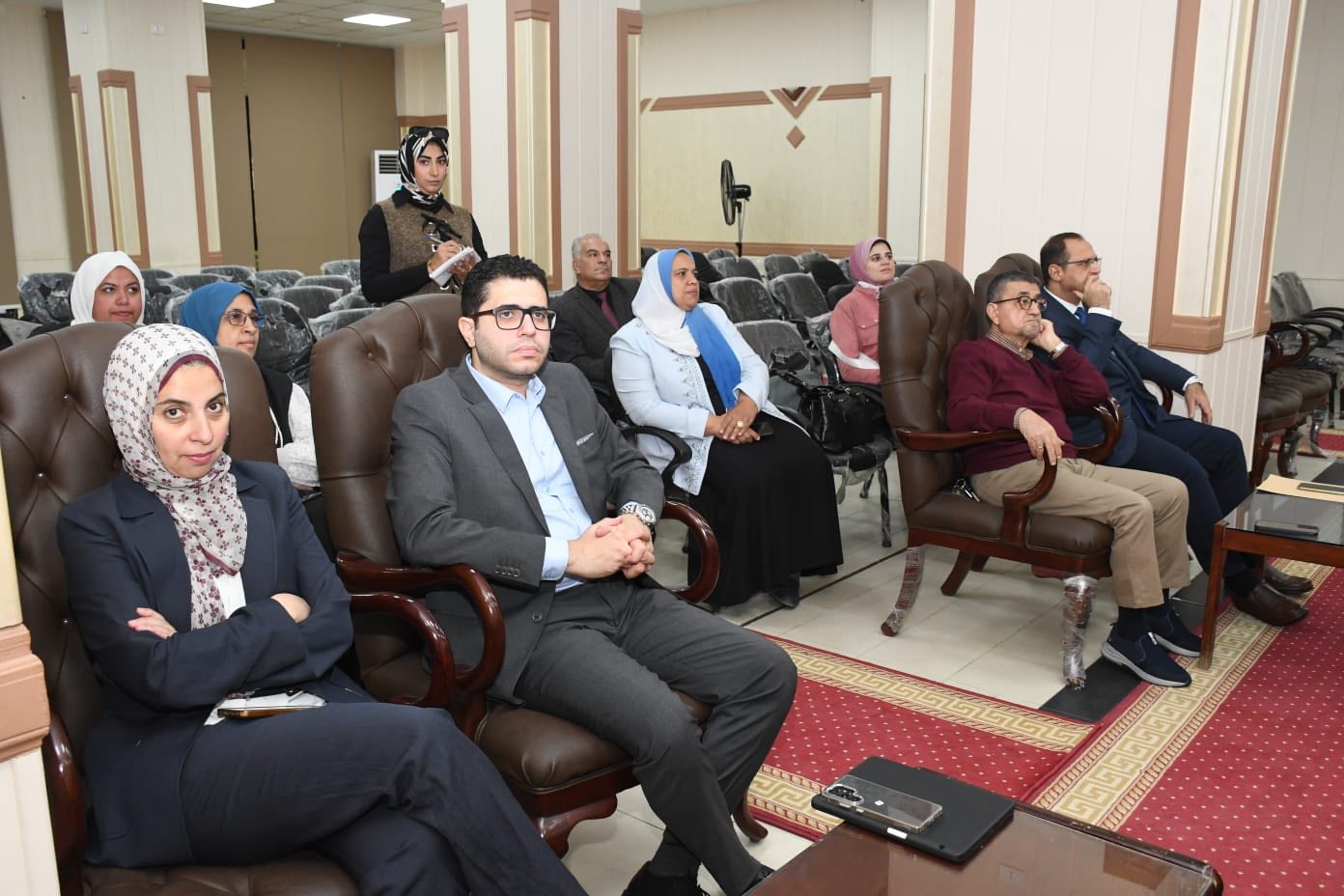 |
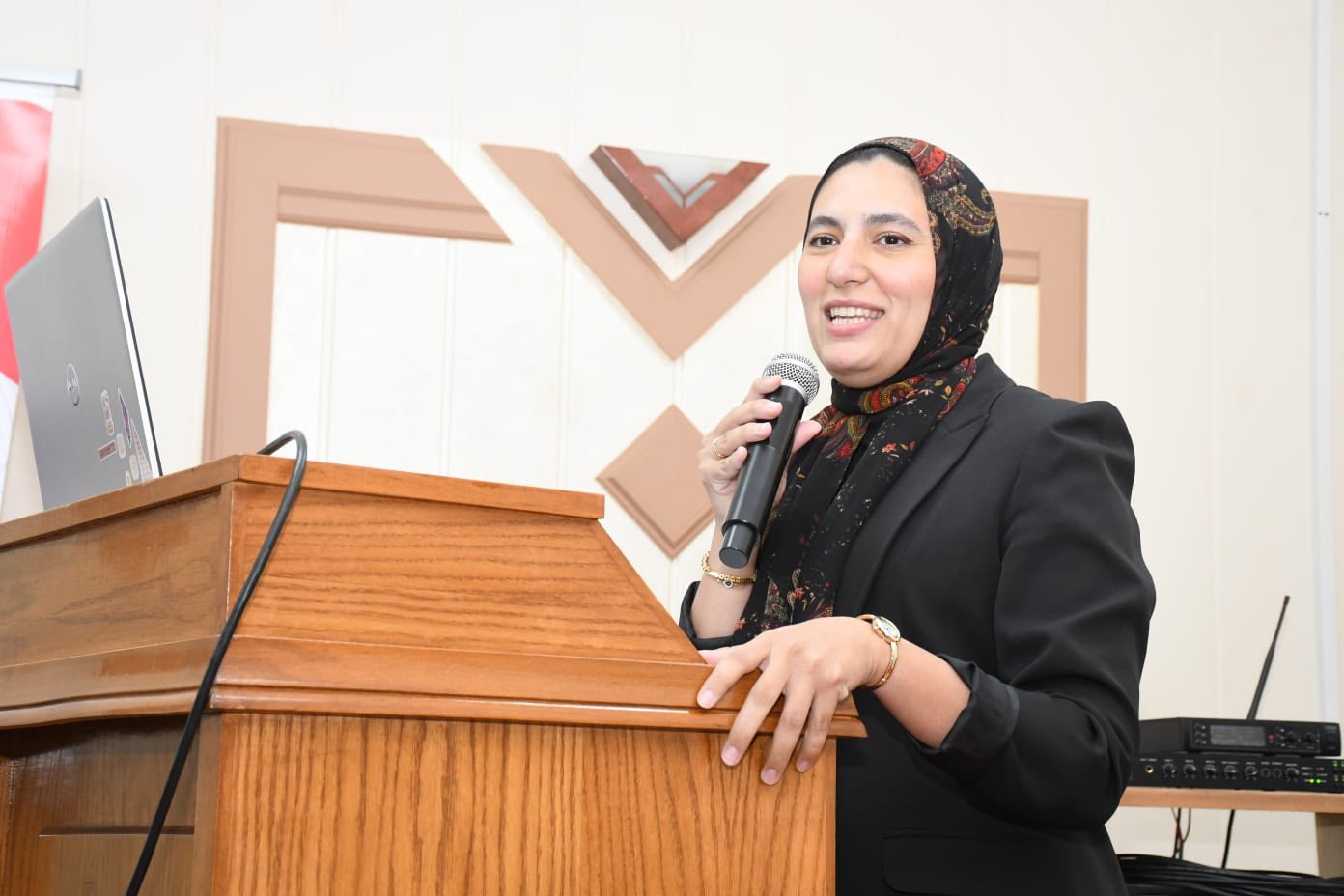 |
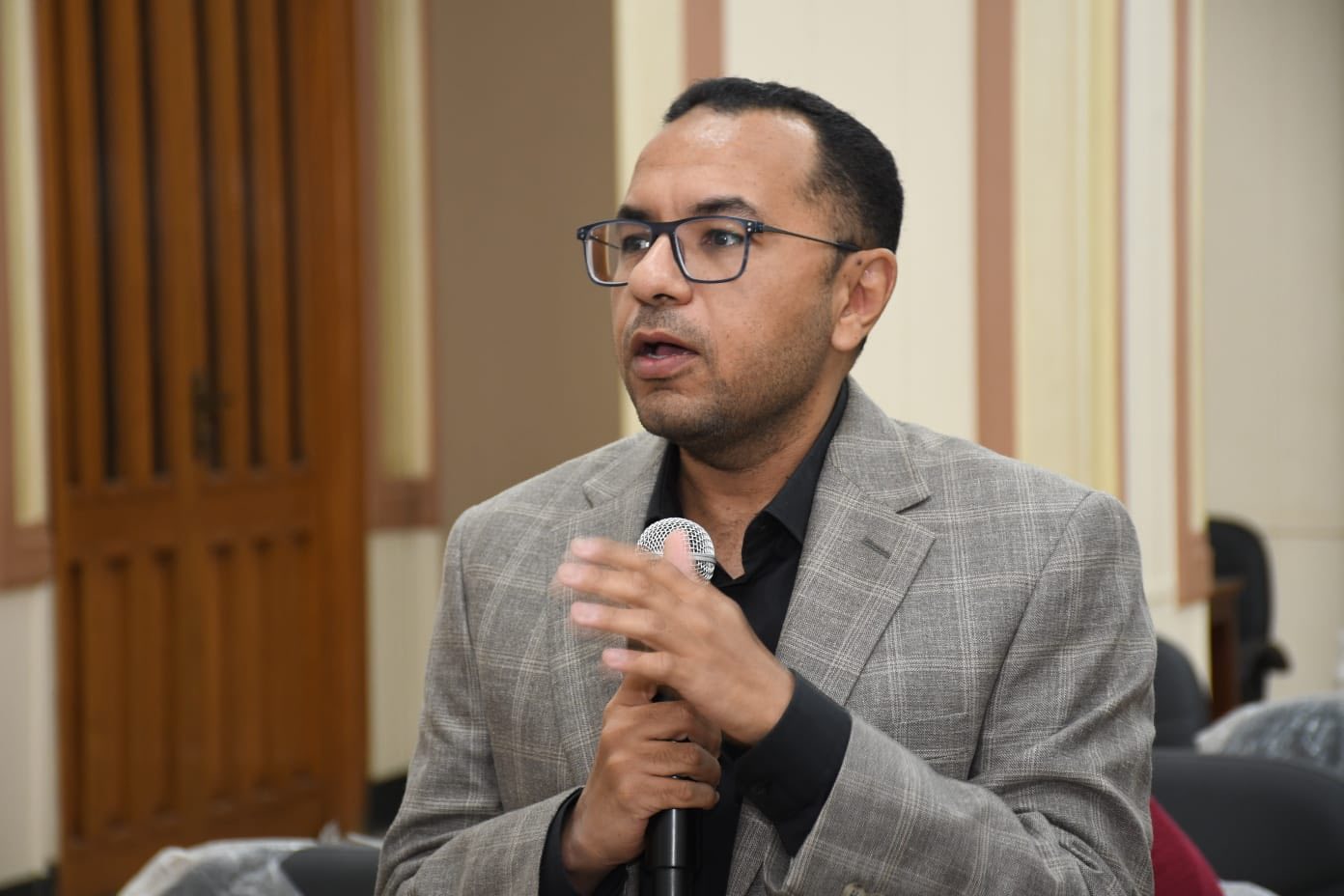 |
||
The event was attended by several deans and vice-deans of faculties, Prof. Rana El Helaly, Director of the Center for Students with Disabilities, department heads, and decision-making officers from various faculties. The workshop was administratively supervised by Prof. Ibrahim Said Hamza, Assistant Secretary of the University for the Education and Student Affairs Sector.
The workshop was conducted by Dr. Basma Adel El-Sen, Lecturer of Public International Law and Deputy Director of the Office of International Cooperation at the Faculty of Law.
In her opening remarks, Prof. Rana El Helaly welcomed the attendees and emphasized the importance of the workshop topic and its role in raising awareness among decision-makers. She highlighted how comprehensive knowledge of local and international legislation can influence the quality of decision-making, contributing to strengthening and supporting institutional frameworks.
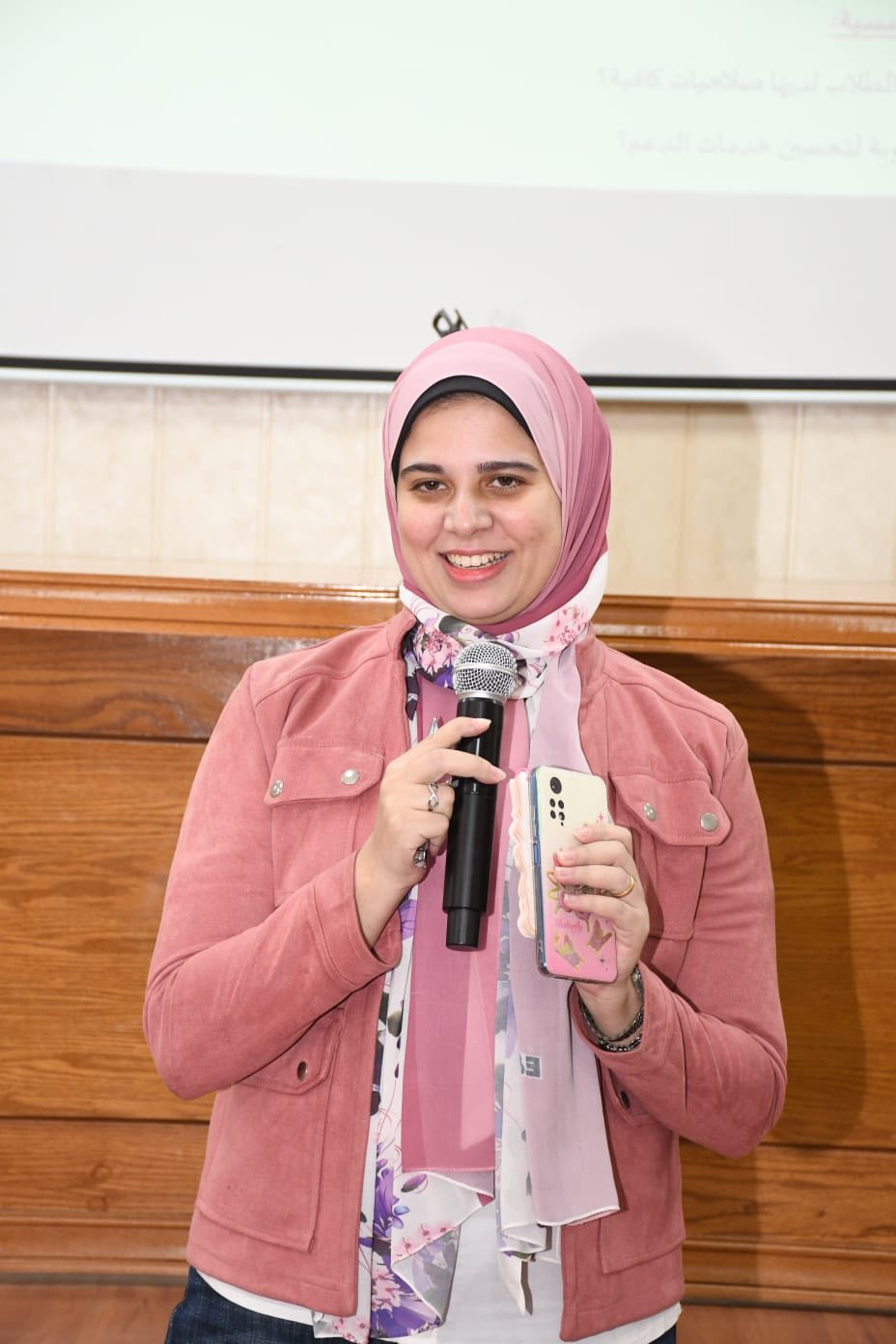 |
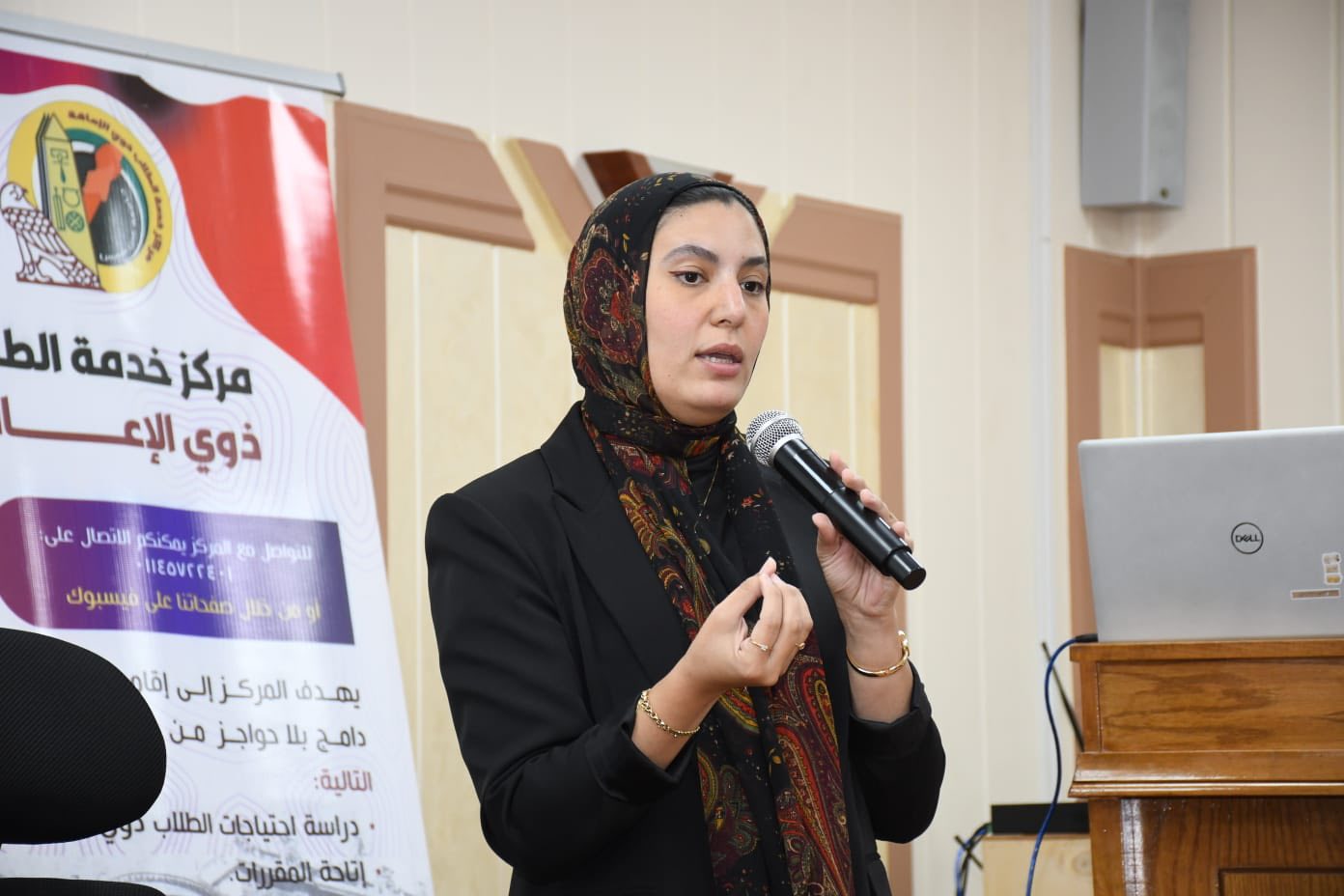 |
During the workshop, Dr. Basma Adel provided a practical definition of persons with disabilities, noting that, according to Article 1 of the Convention on the Rights of Persons with Disabilities (2007), the term “persons with disabilities” includes anyone with long-term physical, mental, intellectual, or sensory impairments that may hinder their effective participation when facing various barriers. She also clarified that Article 2 of Egyptian Law No. 10 of 2018 aligns with this definition, defining people with disabilities as anyone with partial or total physical, mental, intellectual, or sensory impairments, provided these impairments are stable and affect their ability to navigate obstacles, limiting full and equal participation in society.
The workshop emphasized the importance of moving away from the traditional model, which treats people with disabilities as cases outside the general education system, and adopting a rights-based approach, recognizing them as rights holders rather than mere recipients of care.
The session also stressed the pivotal role of universities in providing academic accommodation and making minor adjustments that do not alter the core of academic courses but enable students to participate and learn on an equal footing.
Dr. Basma highlighted the hierarchy of legal instruments protecting the rights of persons with disabilities, from international conventions to national laws and regulations, noting Egypt’s commitment to all ratified treaties, which are translated into general laws and regulations and further incorporated into internal faculty regulations.
The workshop also focused on provisions related to inclusive education, accessibility, and enabling participation in cultural, recreational, and sports activities, in accordance with the Convention on the Rights of Persons with Disabilities. It addressed national legislation related to people with disabilities, as well as Ministry of Higher Education decisions post-2018 to establish offices for supporting students with disabilities, providing sign language interpreters, screen-reading programs, and other accommodations.
Additionally, the workshop highlighted the significant steps taken by Ain Shams University to support students with disabilities and the diverse activities and initiatives provided by the Center for Students with Disabilities since its establishment.
The session concluded with an open discussion on policies and procedures implemented across faculties and ways to ensure accessibility for students in accordance with the law. During the meeting, the “Accessibility Procedures Guide” booklet was distributed, and a documentary film on international agreements concerning persons with disabilities was screened.


.svg)

